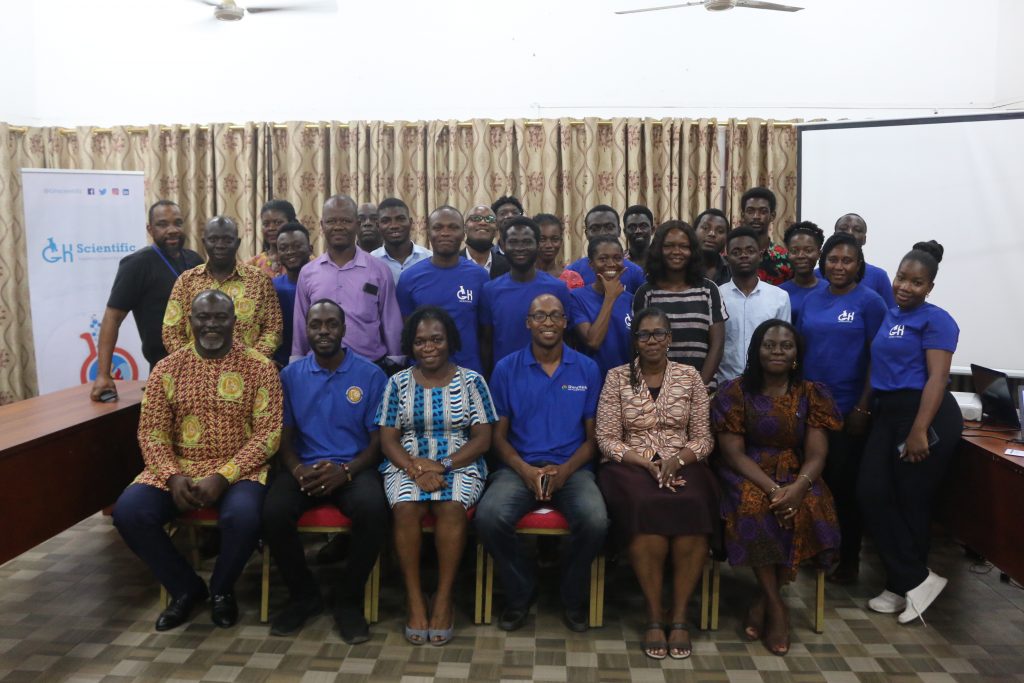
This year’s Science barcamp was nothing short of educative. Featuring notable guests like Prof. Aba Andam (Former President, Ghana Academy of Arts and Science), Dr. Mavis Akuffobea-Essilfie (Senior Researcher, CSIR STEPRI), and Mr. Omo Oaiya(Chief Strategy Officer, West and Central Research and Education Network, the event started off with promising presentations.
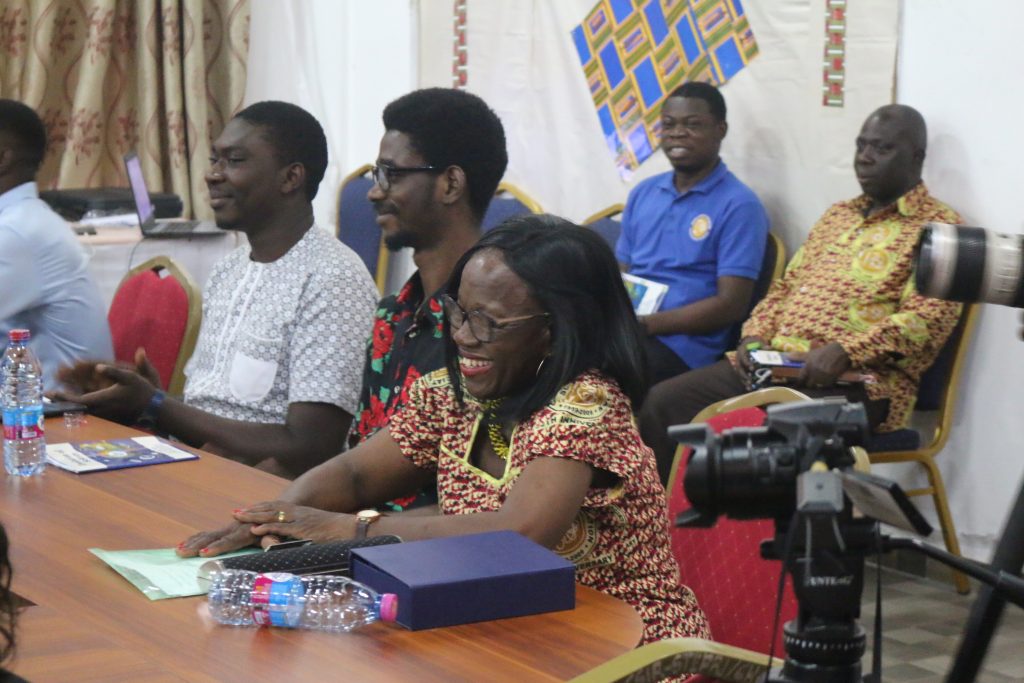
The theme for the event was “Making Science Matter: Moving from Research to Policy,” and indeed the speakers spoke to the topic.
The discussions spanned across highlighting the challenges of research communication to feasible measures that can be implemented to address the emerging issues.
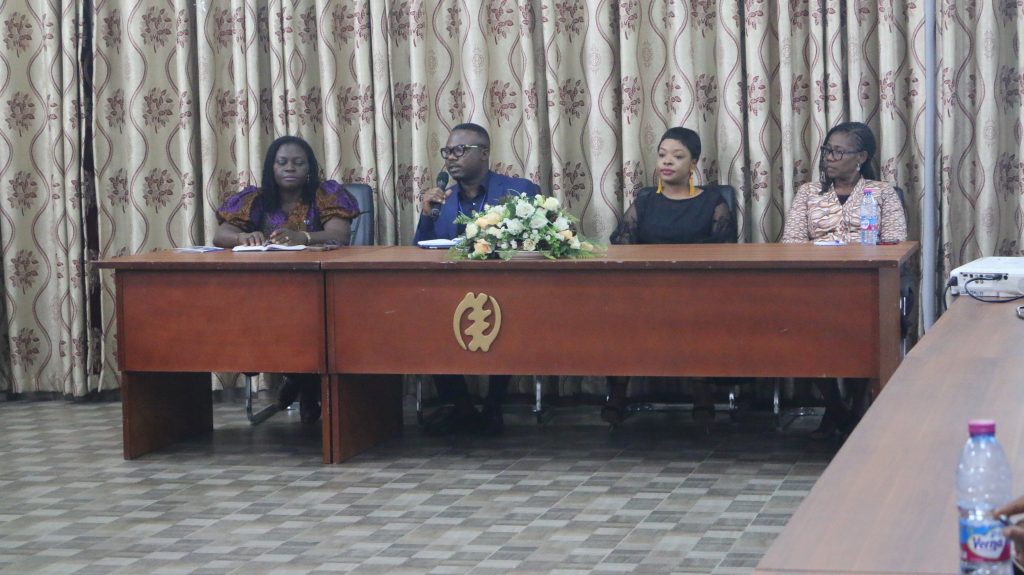
One sensitive topic that was up for debate, and got everyone actively sharing their thoughts on was the issue of “who” was best fit to communicate research findings.
This situation has been a controversial one over the years, with some people holding on to the view that researchers communicate the findings themselves. Others however opine differently, insisting that trained communicators like journalists disseminate the information.
What is causing this conflicting ideas? The proponents of Researchers sharing their own information believe that, more often than not journalists misinform the public as a result of their lack or low knowledge in the field of study.
The opposers on the other hand, also believe that rather than downplay the role of these communication experts, there can be a training for them to be able to communicate effectively the research findings.
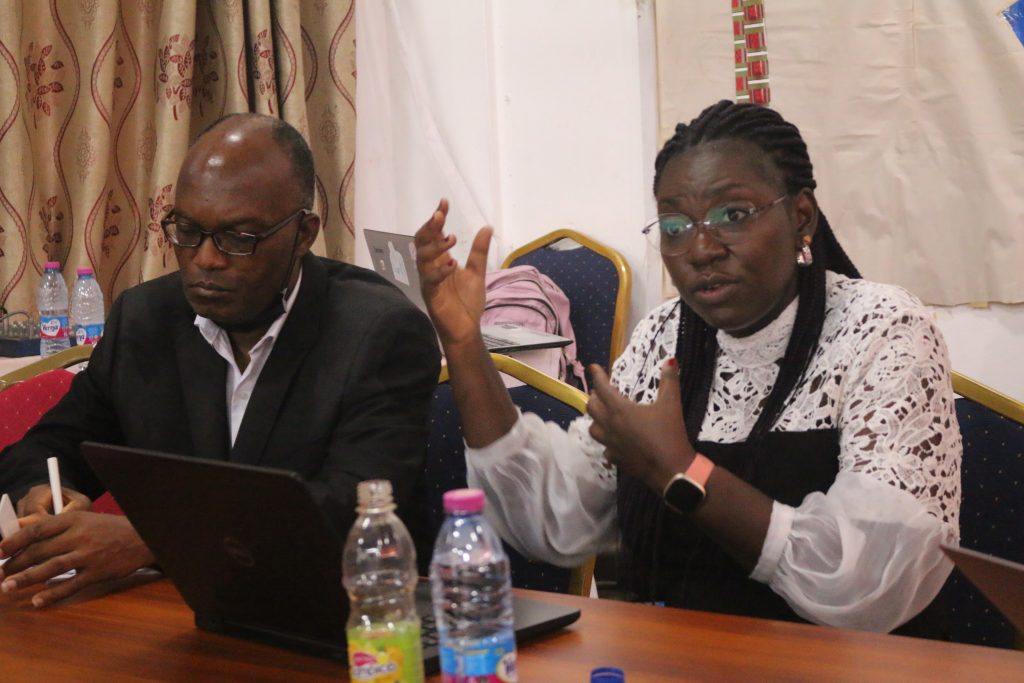
All in all, there was an agreement that training individuals who can play a balance between communication and keeping themselves abreast with daily science issues will go a long way to resolve this situation.
That aside, individuals had the chance to engage with experts during a breakout session. This was an interactive session where in-depth discussions were held and individuals had the chance to ask experts some questions. The breakout sessions were categorized under four topics, with designated representatives from the different organizations leading the talks.
These sessions included Open Science by WACREN – This session highlighted the various means of acquiring Science resources; UNESCO Recommendations on Science and Scientific Research was another topic of discussion, which was chaired by AIMS Ghana – in this session, the role of UNESCO in science communication and all progress in this regard were unravelled.
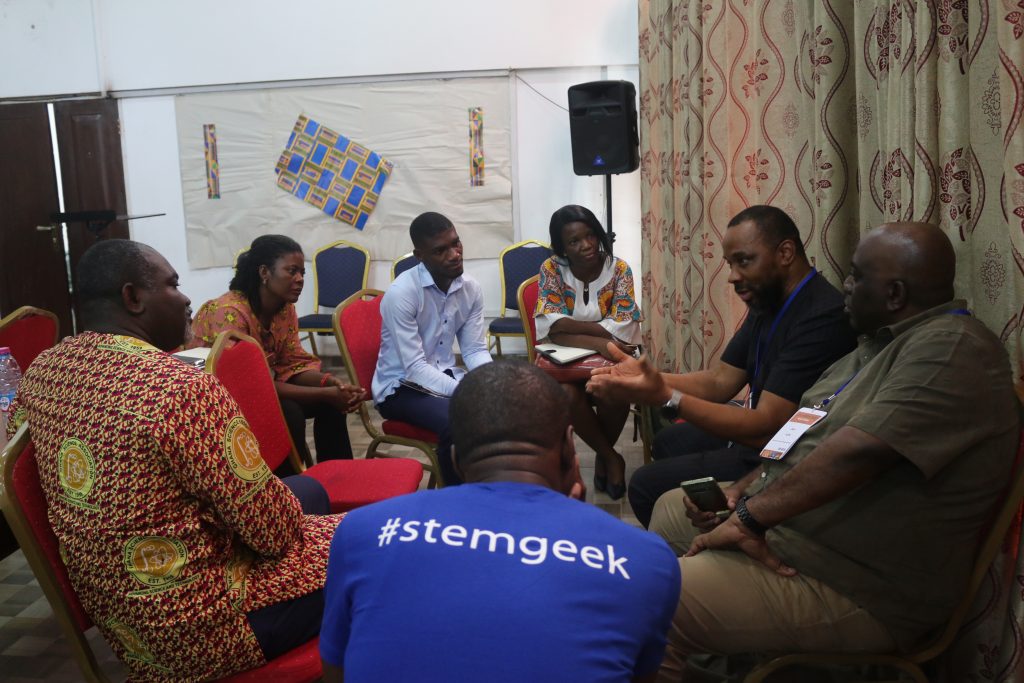
Again, there was a Knowledge co-creation and sharing session which was handled by the GSA; and during this discussion, individuals were exposed to ways of collaborating and disseminating science information to and for the general public. Finally, a session by GhanaThink, dubbed Mentoring a new generation also revealed measures that could be put in place to ensure that the younger generation of scientists were abreast with all methods of science communication.
In the end, it was evident that individuals were overwhelmed with activities of the day, with each person agreeing that this event was a “more than you can carry” type of event; and were pleased to have come.
The Science barcamp is an annual program, organized by GhScientific.
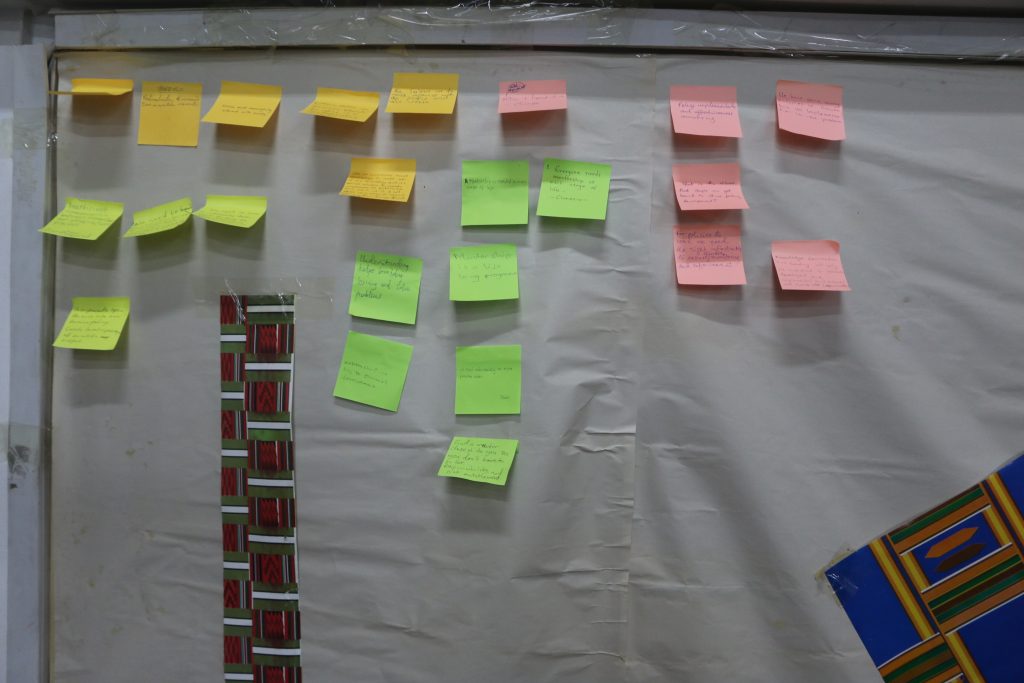
Relive some pictorial moments: GALLERY
Register HERE to be a part of the next science barcamp.
